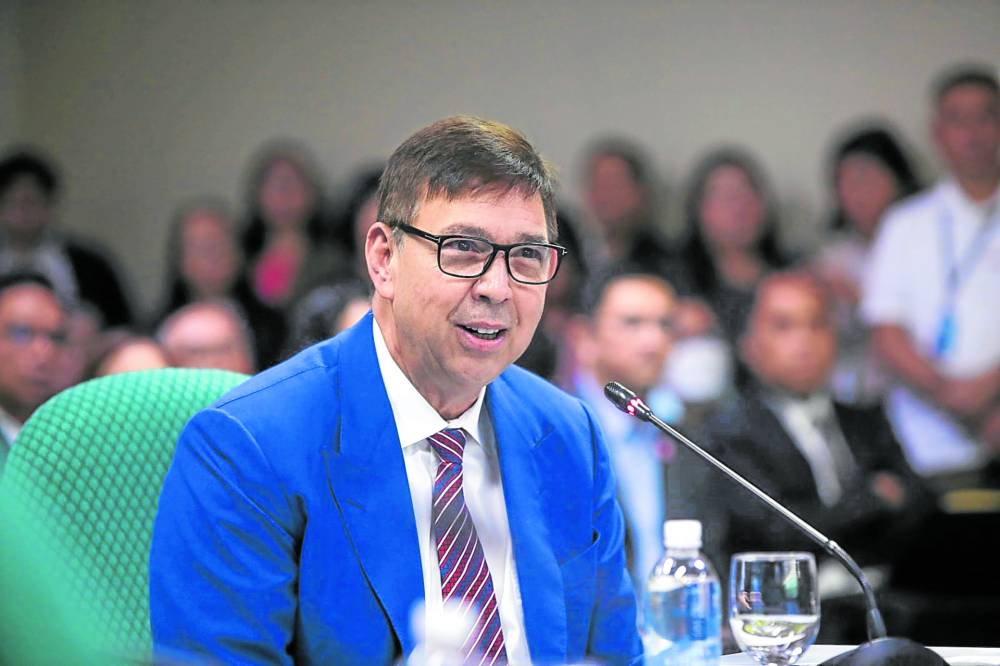Gov’t debt hit record high P15.18 trillion in February

Ralph Recto —Senate PRIB
MANILA, Philippines — The government’s outstanding debt crossed the P15-trillion mark for the first time in February due to fatter local borrowings following the recent sale of Retail Treasury Bonds (RTBs) as well as higher interest rates.
Data released on Wednesday by the Bureau of the Treasury (BTr) showed the state’s total liabilities amounted to P15.18 trillion, up by 2.63 percent month-on-month.
Since the beginning of the year, debts have piled up by P562.43 billion.
Explaining the heavier debt load, the BTr said the increase was mainly driven by growth in domestic borrowings, which accounted for 69.68 percent of the total stock.
Figures showed the state owed P10.58 trillion to local creditors as of February, 4.08 percent bigger than the preceding month.
During the period, the Marcos administration borrowed P708.74 billion more than what it paid to lenders onshore.
Retail Treasury bonds
Those fresh liabilities included proceeds from the recent sale of 5-year RTBs, which raised P584.86 billion for the government. These new borrowings, in turn, diluted any benefits from the P660-million reduction in domestic debts brought about by a stronger peso.
Meanwhile, external debts went down by 0.56 percent to P4.60 trillion after the peso’s strength trimmed the value of offshore borrowings by P28.75 billion, which more than offset the P2.27 billion net availment of foreign loans.
READ: Marcos admin to borrow P585B from local creditors in Q2
The Marcos administration plans to borrow a total of P2.46 trillion from creditors at home and abroad in 2024 to help bridge its budget deficit, which is projected to hit P1.4 trillion this year.
Finance Secretary Ralph Recto said the government would remain “prudent” in its debt management by continuing to adopt a 75:25 borrowing mix in favor of domestic sources.
That means that the borrowing program this year will be composed of local debts worth P1.85 trillion and foreign financing amounting to P606.85 billion.
Better revenue collection
Recto, who took the finance portfolio in January, is avoiding new taxes and is banking on better revenue collection instead to improve the state’s fiscal health.
READ: No new taxes, just better collection – Recto
For Ruben Carlo Asuncion, chief economist at Union Bank of the Philippines, making the economy grow at a stronger rate is still the best way to reduce the budget gap.
“At this point, I think it’s wise to explore all debt consolidation efforts,” Asuncion said.
“Nevertheless, the high interest rate environment has also contributed [to the higher debt], but it seems the [national government] is bent on sticking with its current consolidation and deficit management plans,” he added.